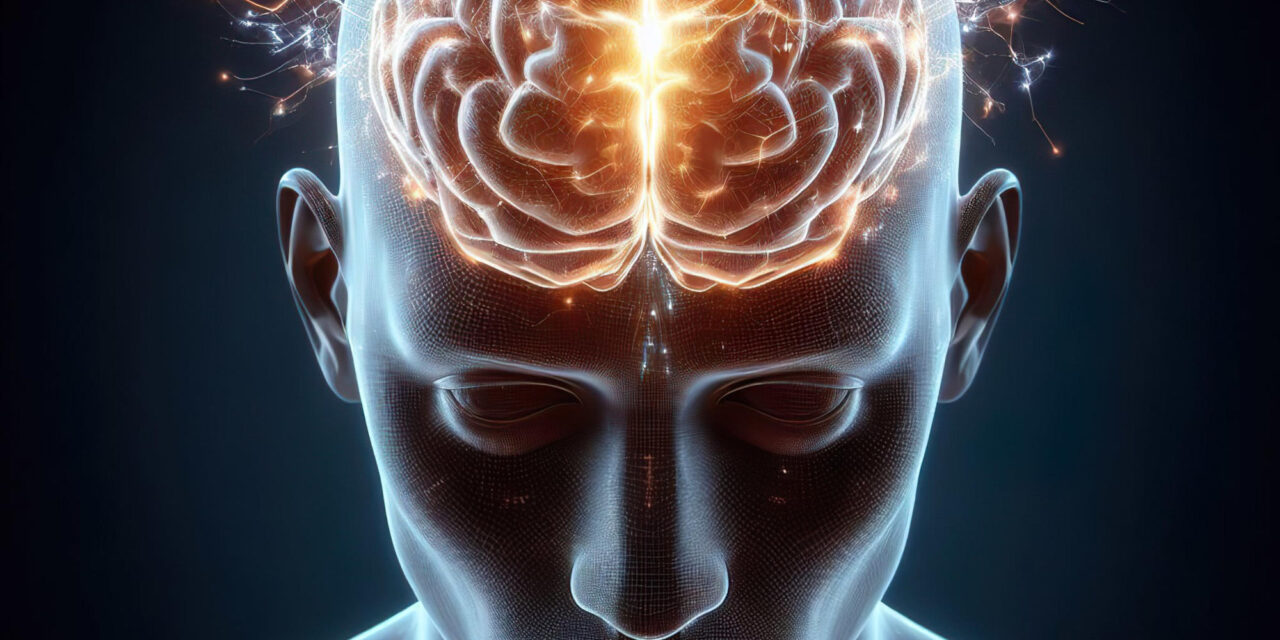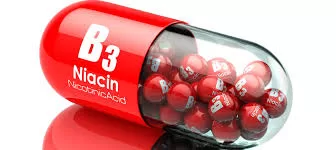Have you ever faced a split-second decision, like whether to leap off a high-dive platform or try a novel idea? New research from the Brain Institute at Chapman University in California, USA, may have uncovered how our brains trigger such impulsive behaviour.
The study delved into a phenomenon where the brain becomes increasingly active just one to two seconds before taking action, a process that has puzzled neuroscientists since the 1960s. Traditionally, this activity surge, called “ramping,” was thought to reflect the brain preparing to act after making a subconscious decision.
However, this new research challenges that idea. The team at Chapman University discovered that many rapidly fluctuating neurons interact to produce slower, more stable brain activity that leads to a critical “threshold crossing event.” This event is the brain’s final trigger to act on a spontaneous decision.
By simulating neural networks and comparing them to human brain recordings, the researchers were able to gain insights into how spontaneous decisions occur. Jake Gavenas, a key member of the study team, highlighted that contrary to earlier beliefs, “we are completely aware of this behaviour and in complete control of our brain.”
According to Gavenas, humans have the ability to consciously decide whether or not to act on spontaneous decisions. This means that we can ignore external distractions or stimuli, demonstrating a level of conscious control over impulsive actions. “We may decide whether to act on this spontaneous decision or not,” Gavenas noted, debunking the notion that most of our behaviour is dictated by subconscious processes.
The study opens the door to understanding how spontaneity, often viewed as impulsive or unconscious, may actually involve deeper brain networks. It suggests that creativity, memory recall, and other spontaneous behaviours may arise from these intricate connections within our brain.
Gavenas added, “We see similar slow-ramping signals before other kinds of spontaneous behaviours, like coming up with creative ideas or freely remembering things that have happened to you.” He emphasized that while this discovery is promising, further research is needed to uncover the full extent of these processes.
This breakthrough casts new light on how the brain manages spontaneous decisions, hinting at a blend of conscious control and the rich complexity of human brain networks in driving impulsive behaviours.












